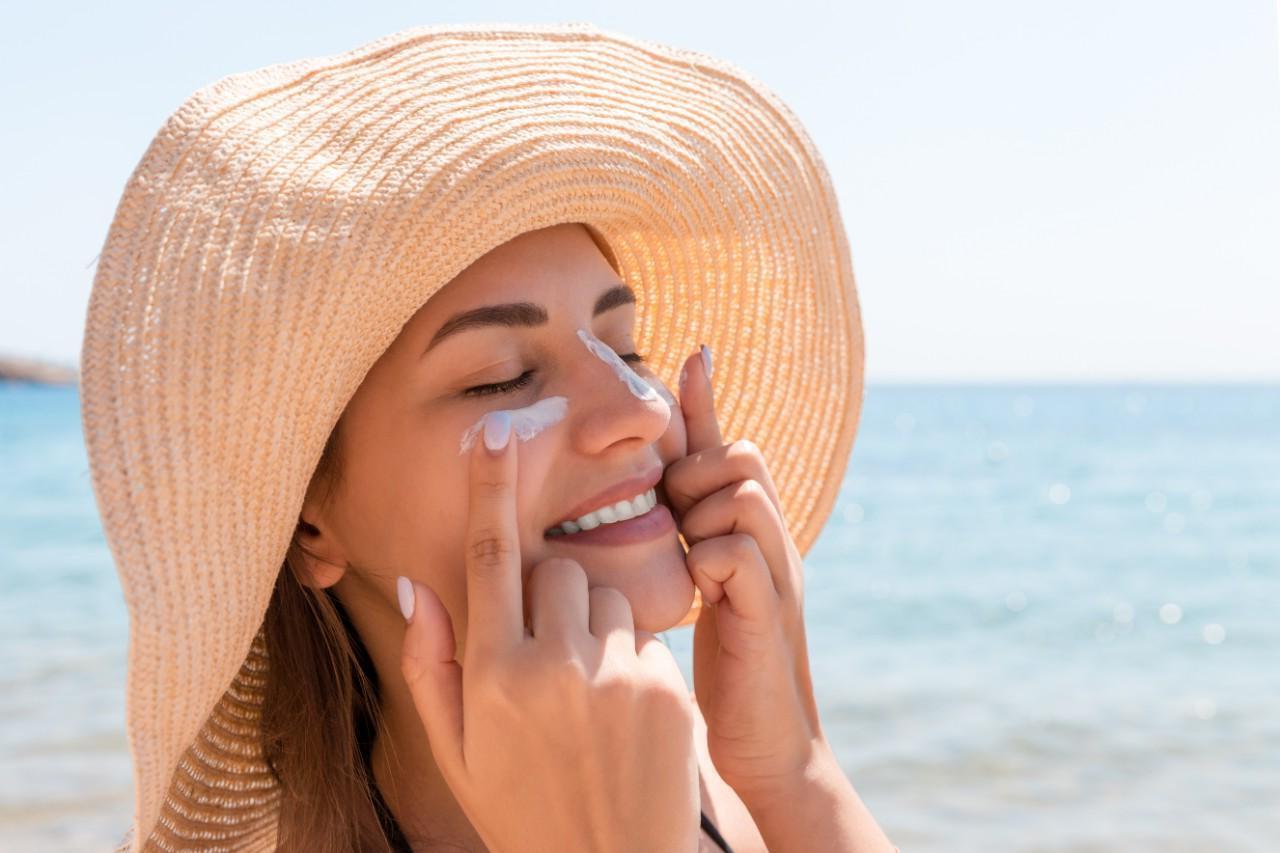
Ever wondered why there's a whole day dedicated to sunscreen? Well, National Sunscreen Day on May 27th is not just another date on the calendar; it's a crucial reminder of skin health and the importance of protecting ourselves from harmful UV rays. With skin cancer rates on the rise, this day serves as a timely nudge to slather on that SPF. But it's not all doom and gloom! Celebrating this day can be fun, too, with plenty of opportunities to learn quirky facts about sunscreen, its history, and how it's become a must-have in our beach bags. From ancient civilizations using rice bran to shield their skin to the latest in UV protection technology, there's a lot to uncover. So, why is National Sunscreen Day worth marking on your calendar? Because it's about safeguarding your skin while enjoying the sunshine smartly.
Key Takeaways:
- National Sunscreen Day on May 27th reminds us to protect our skin from harmful UV rays. Using sunscreen prevents skin cancer, premature aging, and sunburns, so make it a habit for healthy skin.
- When choosing sunscreen, go for broad-spectrum SPF 30 or higher, and water-resistant options for swimming. Apply generously and reapply every two hours, and don't forget to protect marine life by choosing reef-safe sunscreens.
What is National Sunscreen Day?
National Sunscreen Day, observed on May 27th, serves as a reminder to everyone about the significance of protecting skin from harmful ultraviolet (UV) rays. This day emphasizes the importance of using sunscreen to prevent sunburns, premature aging, and skin cancer. With summer around the corner, it's a perfect time to highlight the benefits of sunscreen and encourage habits that safeguard our skin health.
Why is Sunscreen Important?
- Sunscreen protects against UV rays which can cause skin cancer, the most common form of cancer in the United States. Regular application reduces the risk significantly.
- It also prevents premature aging. Studies show that individuals who use sunscreen daily show 24% less skin aging than those who do not.
- Sunburn prevention is another critical benefit. Sunburn can damage the skin over time, leading to more serious health issues.
Choosing the Right Sunscreen
- Broad-spectrum sunscreens are recommended because they protect against both UVA and UVB rays.
- SPF 30 or higher is ideal for effective protection. It blocks about 97% of UVB rays when applied correctly.
- Water-resistant options are great for swimming or sweating. However, reapplication every two hours is still necessary.
How to Apply Sunscreen Properly
- Apply generously—most adults need about one ounce (enough to fill a shot glass) to fully cover all exposed skin.
- Don’t forget areas like the tops of your feet, your neck, your ears, and the top of your head if you have thinning hair.
- Reapply every two hours, or immediately after swimming or sweating, even if you're using water-resistant sunscreen.
Sunscreen and Children
- Babies under 6 months should avoid direct sunlight rather than wearing sunscreen. For older children, choose sunscreens suitable for sensitive skin and apply as directed.
- Teach children the importance of sunscreen early on. Making it a fun part of their daily routine can instill good habits for life.
Environmental Impact of Sunscreen
- Choose reef-safe sunscreens to protect marine life. Certain chemicals in sunscreens can harm coral reefs and other marine organisms. Opting for mineral-based sunscreens (like those containing zinc oxide or titanium dioxide) can minimize this impact.
Sunscreen Day: A Ray of Awareness
National Sunscreen Day isn't just another date on the calendar; it's a crucial reminder of skin health and the importance of sun protection. Celebrated on May 27th, this day shines a light on the significance of applying sunscreen to prevent harmful UV damage. With skin cancer rates on the rise, understanding and adopting sun safety practices become more vital than ever. Whether you're hitting the beach or just stepping out for a daily errand, slathering on that SPF can make all the difference. Remember, protecting your skin today is an investment in your health's future. So, let's take this opportunity to spread awareness, encourage regular sunscreen use, and make sun safety a priority in our lives. After all, a little sunscreen goes a long way in keeping our skin healthy and radiant.
Frequently Asked Questions
Was this page helpful?
Our commitment to delivering trustworthy and engaging content is at the heart of what we do. Each fact on our site is contributed by real users like you, bringing a wealth of diverse insights and information. To ensure the highest standards of accuracy and reliability, our dedicated editors meticulously review each submission. This process guarantees that the facts we share are not only fascinating but also credible. Trust in our commitment to quality and authenticity as you explore and learn with us.
